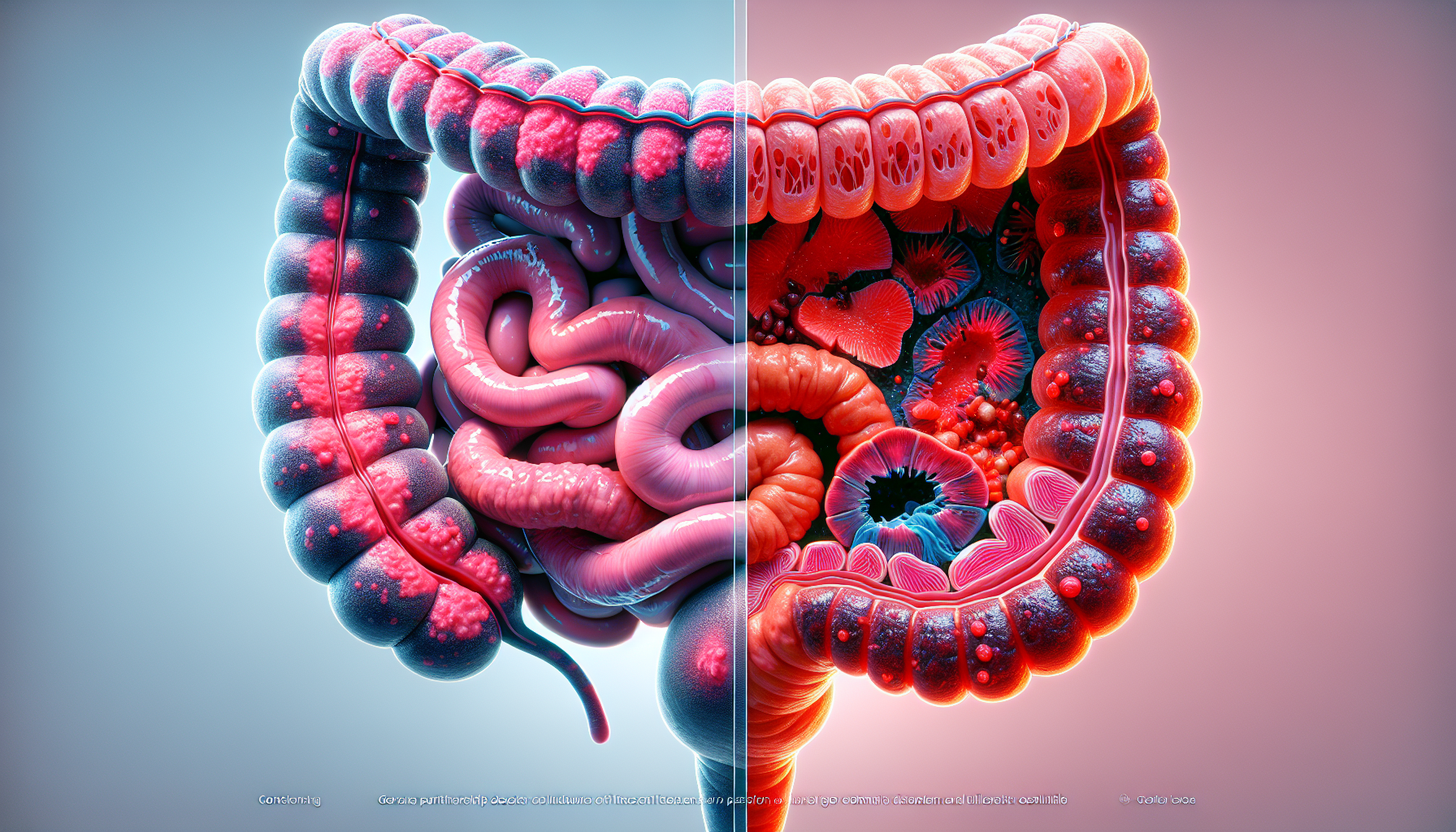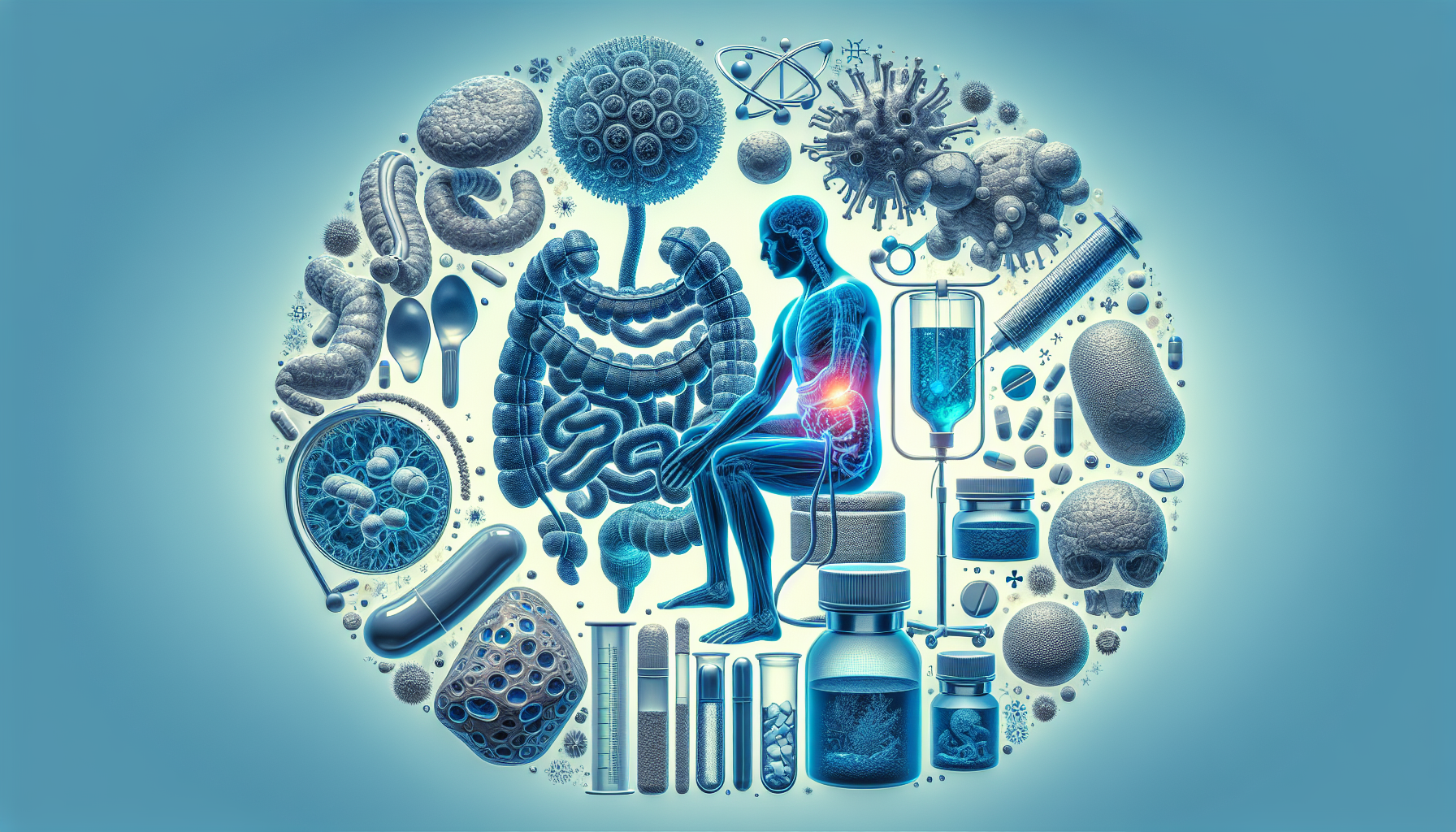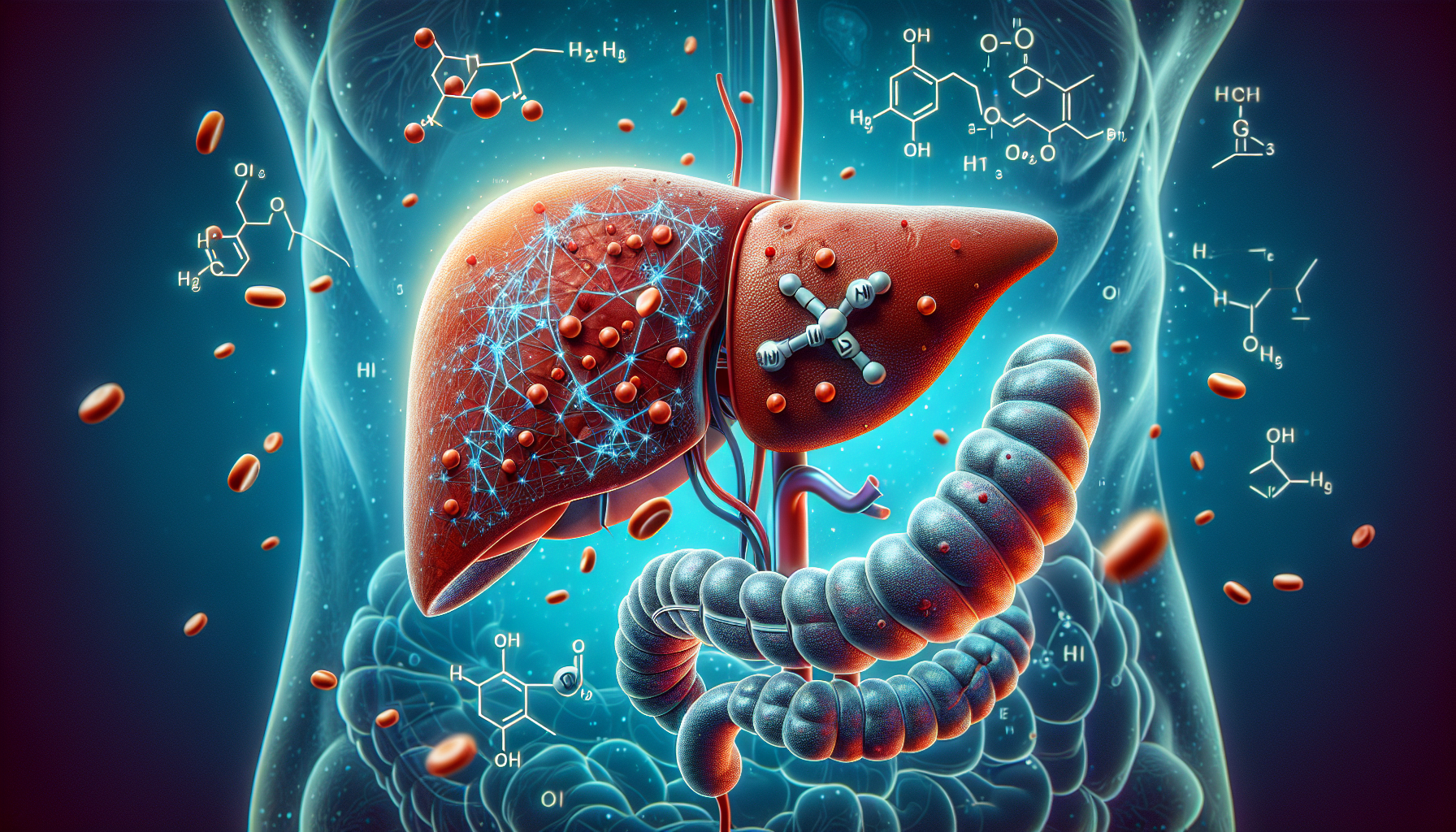How Eosinophilic GI Disorders Affect Pregnant Women: New Insights
Key Takeaways
- Eosinophilic GI disorders significantly impact pregnant women.
- Research on these disorders in pregnancy is limited but crucial.
- Proper management and guidelines are needed for safe treatment during pregnancy.
Did You Know?
Introduction to Eosinophilic GI Disorders
Eosinophilic gastrointestinal (GI) disorders are rare conditions where eosinophils, a type of white blood cell, build up in the GI tract, causing inflammation and tissue damage. These disorders include eosinophilic esophagitis (EoE), gastritis, duodenitis, enteritis, and colitis.
The Impact on Women's Health
Although EoE has been thought of mainly affecting men, recent studies highlight its prevalence among women, especially those of childbearing age. This new focus is shedding light on how these disorders uniquely impact women's health.
Pregnancy and Eosinophilic GI Disorders
There's limited data on how pregnancy influences EoE and other eosinophilic GI disorders. To fill this gap, Dr. Jenny Huang and Dr. Andrew A. White conducted a study to examine the symptoms and management of EoE before, during, and after pregnancy.
The study showed varied symptom changes: some women experienced improvement, others worsened, and some had unchanged symptoms during pregnancy. This variability makes it challenging to predict the course of the disease during pregnancy.
Common Symptoms and Treatments
In the study, the most common symptoms before pregnancy were difficulty swallowing (dysphagia), reflux, and abdominal pain. Many patients were using proton pump inhibitors to manage their symptoms.
During pregnancy, some women chose to reduce or stop their medications due to concerns about safety, which sometimes led to worsened symptoms. This highlights the need for clearer guidance on safe treatment options during pregnancy.
Postpartum Changes
After giving birth, some women who experienced symptom improvement during pregnancy saw a return of their symptoms, while others developed new symptoms. Food impaction, a serious condition where food gets stuck in the esophagus, was also reported in several cases within the first six months postpartum.
Beyond EoE: Other Eosinophilic GI Disorders
Dr. Huang is expanding her research to include other eosinophilic GI disorders, such as eosinophilic gastritis, duodenitis, enteritis, and colitis. These conditions are believed to be underdiagnosed, and increasing awareness is crucial for better management and treatment strategies.
Advocacy and Future Research
Beyond individual cases, there's a need for broader advocacy and research to better understand how eosinophilic GI disorders affect women compared to men, and how pregnancy influences these diseases.
Advancing our knowledge in this area will provide better guidance for managing these conditions and ensuring the safety of treatments during pregnancy.
Conclusion
Dr. Huang’s research is paving the way towards a better understanding of eosinophilic GI disorders in pregnancy. Her work underscores the importance of tailored treatments and the need for comprehensive guidelines to support affected women effectively.



